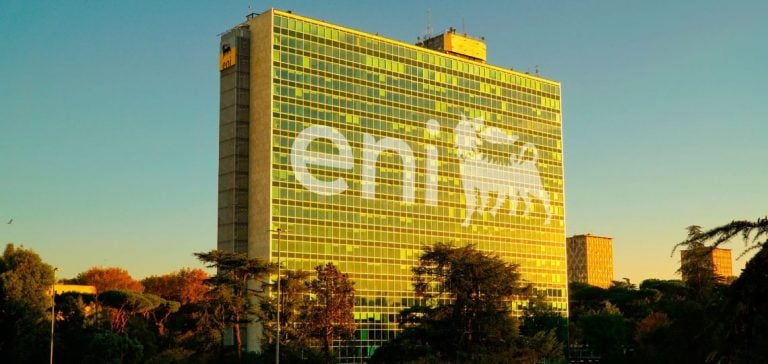The Italian hydrocarbons group Eni has announced the signing of an agreement with the American fund KKR for the sale of 25% of its subsidiary Enilive, in a transaction valued at €2.9 billion. According to Eni’s official statement, this operation values Enilive at approximately €11.75 billion.
Enilive, a subsidiary of Eni specializing in biorefining, biomethane production, and smart mobility solutions, will significantly boost its production capacity thanks to this capital injection. Ahead of finalizing this transaction, Eni will carry out a capital increase of €500 million with the goal of creating a debt-free financial structure.
Strengthening Eni’s financial structure and strategic plan
This operation is part of Eni CEO Claudio Descalzi’s “satellite” strategy, aimed at creating independent and specialized units capable of attracting external investment while supporting the group’s growth. Eni had already applied this approach last June by placing 10% of the Saipem company on the financial markets, raising €393 million while retaining its position as the main shareholder.
Growth objectives for Enilive
With the financial support of KKR, Enilive aims to double its biorefining capacity, increasing it to more than 3 million tons per year by 2026 and over 5 million tons by 2030. Biorefining, a process that transforms agricultural products into biofuels, is at the heart of Eni’s energy transition strategy, focusing on developing sustainable solutions to meet future energy demands.
KKR, for its part, emphasized its commitment to economic development in Italy, where it has been investing since 2005 across various sectors. Last July, KKR completed the acquisition of Telecom Italia’s fixed network, a project integrated into FiberCop, enabling it to serve around 16 million Italian households.






















